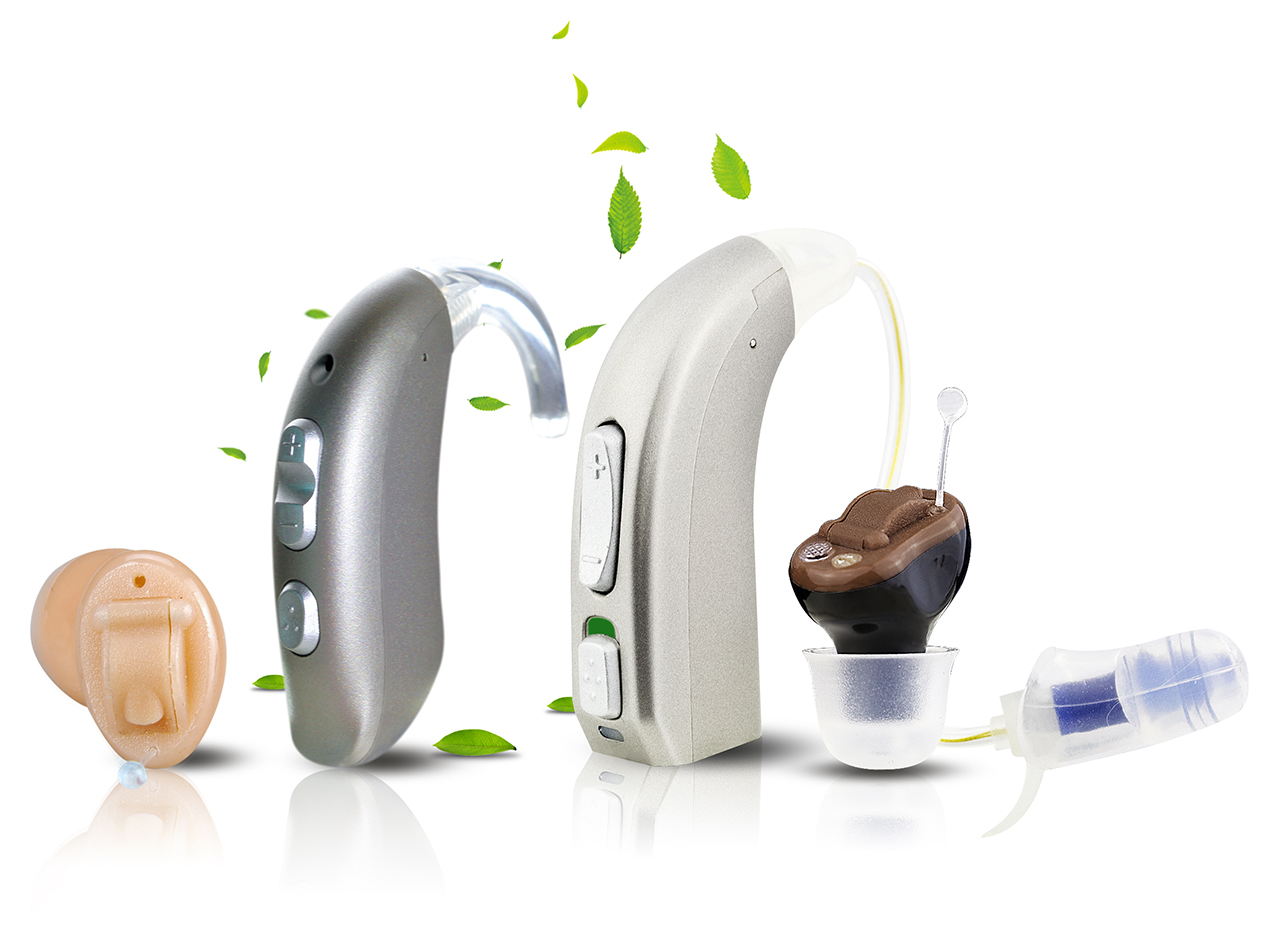- Home
- Hearing Loss
- Hearing Aid Use And Care
How Does An Audiologist Program Your Hearing Aids?
2020-09-24 Hearing loss is a well-known condition that millions of people experience – but no two hearing loss cases are alike. Each individual with hearing loss is unique and is living with a specific set of circumstances and needs that will influence the course of their treatment.As one would expect, individual needs have to be met with customized solutions, particularly in terms of how hearing aids – the most common treatment for hearing loss – are programmed.
Why do hearing aids need to be programmed?
The core function of a hearing aid is to amplify sounds so that the wearer can hear them clearly every time. However, hearing aids are far more complex devices than simple amplifiers; they provide a range of digital features and functionality, all of which need to be fine-tuned and tailored to meet your personal requirements. Two different individuals may be experiencing the same level of hearing loss, but their devices may be customized and programmed entirely differently.
Audiologists understand the importance of customizing hearing aids to the individual user, and will thus seek to work with you to program your hearing aid precisely as you need.

How are hearing aids programmed by an audiologist?
Your audiologist can use a variety of advanced computer and algorithm-based techniques to program your hearing aids:
* Surround sound: Surround sound is used to mimic an outdoor environment within the comfort of your audiologist’s office; this tends to include traffic noises, crowd noises, and similar everyday sounds. By using a surround sound system while * programming a hearing aid, your audiologist can make adjustments to noise reduction settings based on real-time feedback.
* Real-ear probe microphones: These probes are designed to identify the sounds that are reaching your eardrum when your hearing aid is in place, which in turn allows for more effective programming.
* Visible speech mapping (VSM): VSM enables an audiologist to identify the amount of amplification that is reaching the ear, and make adjustments to improve this if necessary.
* In comparison to conventional techniques, the modern technology-based solutions for programming hearing aids are incredibly effective and help to ensure your hearing aids will perform exactly as expected.
What hearing aid factors can be adjusted with programming?
In addition to noise reduction, as mentioned above, programming also ensures your audiologists can make the necessary adjustments to the volume of your hearing aids, the intensity levels, maximum power output, and many more besides. All of the settings are tweaked and refined to ensure that the sounds you hear through your hearing aid are comfortable for you to use. Every individual has specific preferences about the sound they hear through their hearing aids, so your audiologist needs to refine the features available to suit your particular requirements.

Can hearing aids be reprogrammed?
Yes, and there are two reasons you may wish to request this. First and foremost, though your audiologist will do all they can – and use the best possible tools available – to program your hearing aids to suit you exactly at your appointment, further refinement may be beneficial. You may find that while your hearing aids work entirely at your audiologist’s office, after a few weeks of use in the real world, you notice that there are small changes or improvements that you feel may be necessary. If this happens, you can return to your audiologist, who will be able to fine-tune the programming to account for your observations.
In addition, hearing loss is not a static condition, and some people find that their hearing needs will change over a period of time. When this happens, the existing programming may no longer be suitable. In such a scenario, your audiologist can reprogram your hearing aids to suit your new requirements.

Can you program hearing aids yourself?
If you are relatively comfortable with technology, you may have wondered if it is possible to program your hearing aid yourself rather than visiting an audiologist. However, self-programming should be avoided at all costs. Programming a hearing aid requires dedicated hardware, suitable software, and the knowledge and expertise that only years of training can provide. The process is inherently complex and requires a huge amount of fine-tuning to get right; as a result, it is simply not possible to program hearing aids for yourself. Instead, it is essential to always entrust the entire programming process to your audiologist; DIY programming attempts are, at best, ineffective, and in the worst-case scenarios can your device to malfunction.
Latest
- 4 Essential Communication Rules for Family Members of Hearing Aid Users
- Hearing Aid "Break-In Period": Say Goodbye to Discomfort, Hello to Clear Sound
- The ultimate guide on how to choose hearing aids for seniors
- In addition to performance, how do parents choose children's hearing aids?
- Hearing Care Professional: How Do You Maintain Your Hearing Aids Regularly?
Hearing Aid Use And Care













All 0 comments